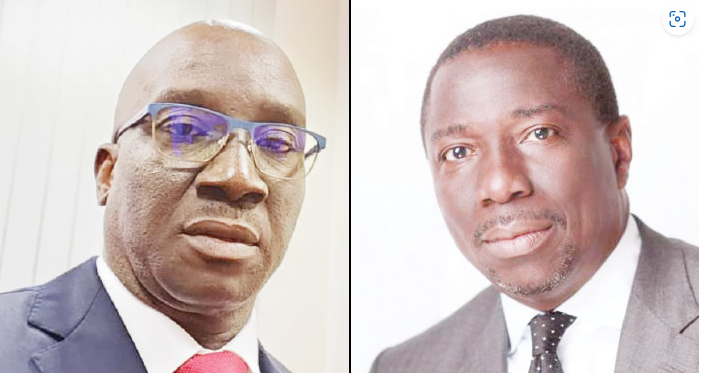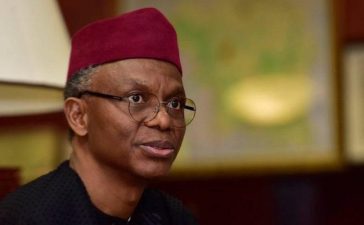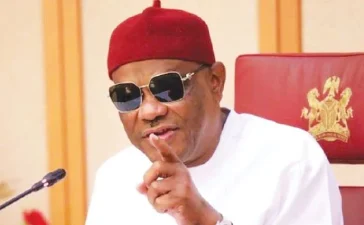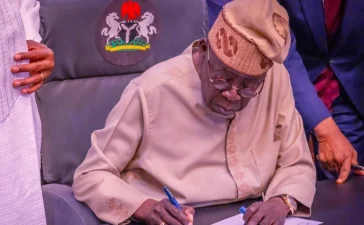The Edo State Governorship Election Petition Tribunal in Abuja has reaffirmed the election of Monday Okpebholo of the All Progressives Congress (APC) as the legitimate winner of the September 21, 2023, governorship election in the state.
In a unanimous ruling delivered on Wednesday, the three-member panel led by Justice Wilfred Kpochi dismissed the petition filed by the Peoples Democratic Party (PDP) and its candidate, Asuerime Ighodalo, challenging Okpebholo’s victory.
The tribunal ruled that the petitioners failed to provide sufficient evidence to support their claims of over-voting and election irregularities. In its judgment, the panel criticized the manner in which the PDP presented its evidence, noting that it lacked credibility and clarity.
The panel held that Okpebholo, who was declared the winner by the Independent National Electoral Commission (INEC) with 291,667 votes, rightfully secured the highest number of valid votes in the election, defeating Ighodalo, who received 247,655 votes.
Ighodalo and the PDP had contested the outcome of the election, alleging that it did not comply with the Electoral Act of 2022.
Their petition, EPT/ED/GOV/02/2024, claimed that Okpebholo did not win the highest number of lawful votes and that INEC had mishandled sensitive election materials, which they argued facilitated rigging in favor of the APC.
The PDP and its candidate also alleged that the results from 765 polling units were improperly calculated. To support their claims, they brought 19 witnesses and submitted evidence including 153 BVAS (Bimodal Voter Accreditation System) machines used in 133 polling units.
The petitioners claimed these machines were used to manipulate the results at the collation centres, resulting in over-voting in Okpebholo’s favor.
In its ruling, the tribunal emphasized that the burden of proof rested on the petitioners, who must demonstrate, with solid evidence, that the election was marred by irregularities.
The panel pointed out that the petitioners had failed to substantiate their allegations with credible witnesses, with most of the testimonies being hearsay.
The tribunal further noted that the petitioners did not adequately explain the documents they submitted, and critical witnesses, such as polling unit agents, presiding officers, and voters, were absent to testify.
While the petitioners had listed polling units and wards where they claimed irregularities occurred, the tribunal ruled that these allegations were not supported by sufficient evidence.
Furthermore, the tribunal dismissed claims that INEC failed to follow proper procedures in handling election materials.
On the issue of over-voting, the tribunal pointed out that the petitioners failed to provide any evidence to show that the number of votes in the disputed polling units exceeded the number of accredited voters. It clarified that to prove over-voting, petitioners must provide data from the Voter Register,
BVAS machines, and Form EC8A, but the petitioners only submitted screenshots of BVAS data, rather than the actual devices.
Ultimately, the tribunal concluded that even if the votes in the disputed polling units were removed, Okpebholo would still have been the winner of the election. The ruling, therefore, upheld his victory and dismissed all claims made by Ighodalo and the PDP.
In response to the judgment, Ighodalo’s legal team has vowed to challenge the tribunal’s ruling at the Court of Appeal, continuing their pursuit of the election outcome they believe was flawed.







